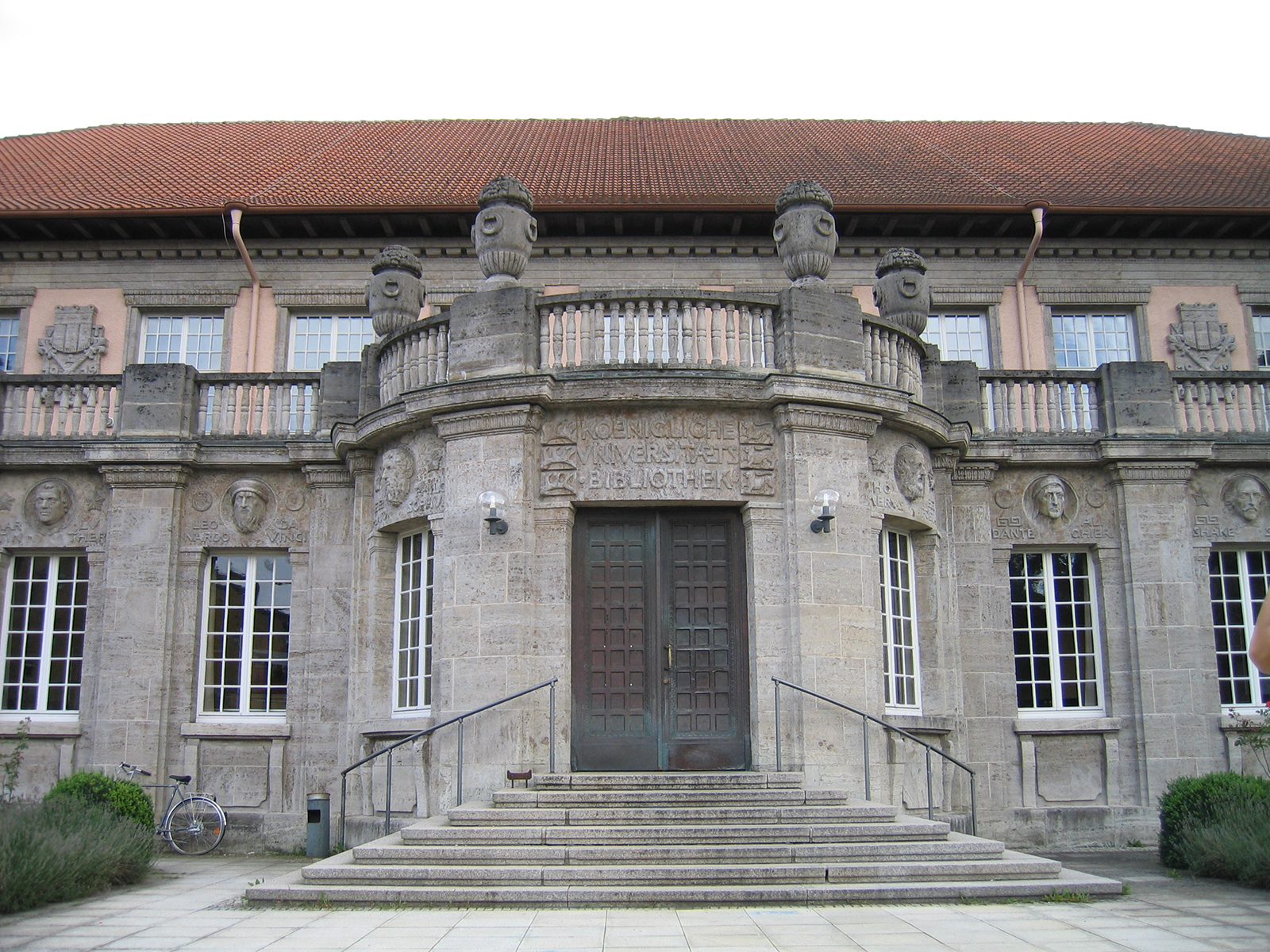Tübingen University Council Seeks Financial Support From The State Government
The Tübingen University Council is calling on the state government to launch an aid program for the universities in view of the sharp rise in energy costs. “Unlike all other state universities in Baden-Württemberg, the universities have to cover the costs for heating and electricity from their own budgets,” said the chairman of the university council, Bernhard Sibold, after a meeting of the committee on Wednesday. The cost development since 2021 threatens to become a danger for research and teaching.
In view of inflation of around ten percent, there is no longer any way for the university to save on materials. If the state does not come to the universities’ aid, there will only be cuts in staff, said the chairman of the university council: “In order to compensate for our structural deficit, the university would have to save 20 professorships including the associated employees,” explained Sibold: “This would have direct and massive effects on research and teaching at the University of Tübingen.” The number of new appointments would have to be drastically reduced and cuts in the range of courses would be inevitable.
Sibold emphasized that the University of Tübingen operates extremely economically: “The economic management of the university is based on Swabian principles,” said the chairman of the control committee. Since the beginning of the Ukraine crisis, she has also been making visible efforts to reduce her energy consumption: “However, a price increase of around 80 percent in two years cannot be compensated for by reducing consumption alone, even if we do what is prescribed by the state government and extremely ambitious savings target of 20 percent.”
The chairman of the university council called for concrete steps by the state government. “Just a few weeks ago, Finance Minister Daniel Bayaz emphasized the key role played by universities in overcoming the current crises. The state government must therefore help the universities financially now so that they can survive the next few years without any noticeable cuts in teaching and cutting-edge research.”

